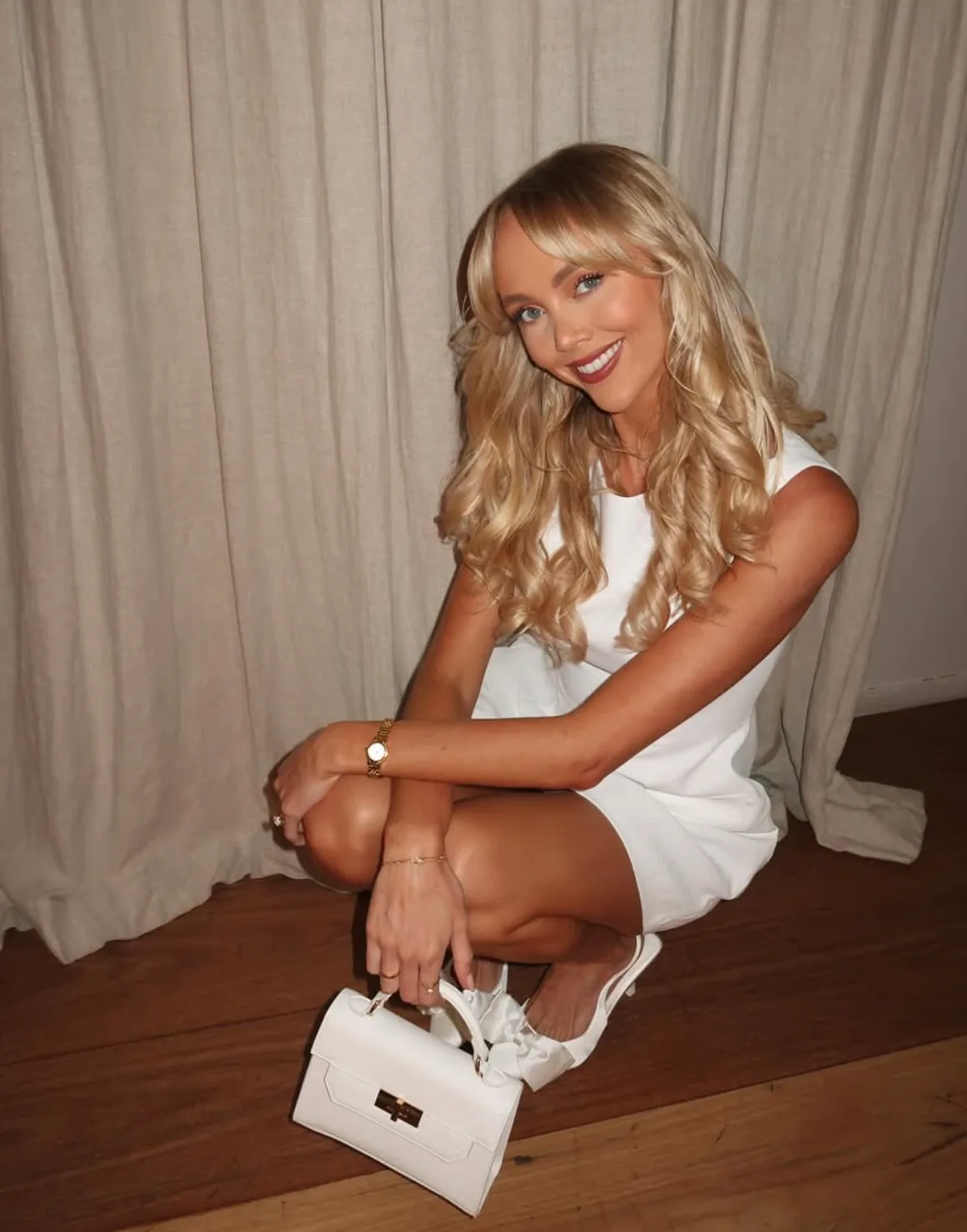Annie Knight’s viral OnlyFans stunt isn’t about sexual empowerment – it’s a brutal reminder of how far we still have to go when it comes to the way women’s bodies are consumed for entertainment.
Annie Knight, a 28-year-old Australian OnlyFans creator, made headlines (again) this week after revealing she was hospitalised following a sex marathon with 583 men in six hours. The self-styled “world record” event, which took place on Sunday, May 18, was documented in real time on Knight’s Instagram – complete with behind-the-scenes footage, customised pink balaclavas for participants, and a post-event health scare that saw Knight admitted to hospital with vaginal bleeding.
“I’m not doing very well,” she told her followers. “I’ve been bleeding a lot since the challenge.” Knight, who has endometriosis, said she suffered a small cut and underwent medical testing following the ordeal. “It’s quite painful and unpleasant at the moment,” she added.
Painful, yes. But also deeply disturbing. Not just for Knight, but for the 680,000 Instagram followers – many of them teenage girls – who watched the event unfold. What message does this send to young women learning to navigate sex, self-worth, and power in a digital world where virality is currency?
Empowered Or Exploited?
Knight framed the stunt as a bold act of autonomy. “At the end of the day, these men just want to have sex. And I’m providing a service – for free,” she explained, brushing off criticism and defending the participants.
But let’s be clear, this wasn’t liberation. It was performance, designed for clicks, dressed up in soft lighting and influencer spin. And it’s far from harmless. Because when girls are watching this play out online – edited to look glamorous, fun, even aspirational – what they’re actually seeing is the aestheticisation of harm.
This is a culture where physical trauma is reframed as content. Where pain becomes part of the brand. Where the caption, “I guess 583 guys in a day isn’t that good for your body,” is offered with a wink – as if it’s all just a bit of fun. It’s not just a bit of fun and if my daughters ever stumbled across this kind of content, I’d be horrified.
Try Reversing It
Let’s imagine the roles were reversed. Imagine a man lining up 583 women in a room, filming the whole thing, handing them masks to protect their anonymity, and walking away injured. Would we be calling it empowerment? Would we applaud his freedom of expression? Or would we recognise it for what it really is, mass objectification under the guise of consent? The fact that we even have to ask says everything. Knight’s stunt plays directly into age-old misogynist fantasies – but this time, the narrative has been cleverly flipped to sound like feminism. That doesn’t make it any less degrading.

When The Currency Is Clicks, What Are We Really Selling?
Yes, Knight is savvy. She’s monetised her sexuality, built a platform, and turned controversy into visibility. But that doesn’t absolve the wider cost. Because when online algorithms reward extremes, when boundaries are continually pushed in the name of engagement, it’s not just one woman’s body on the line. It’s the cultural wellbeing of an entire generation.
Platforms like OnlyFans have, in many ways, offered women financial power and creative control. But they’ve also created a system where the most intimate, extreme, or self-sacrificing acts are the ones that perform best. That’s not freedom – that’s market-driven coercion.
What Are We Telling Young Women?
This story will go down as a viral moment in internet history. But what will be harder to erase is the impact it leaves behind – especially on young girls still forming their understanding of sex, consent, and self-worth.

